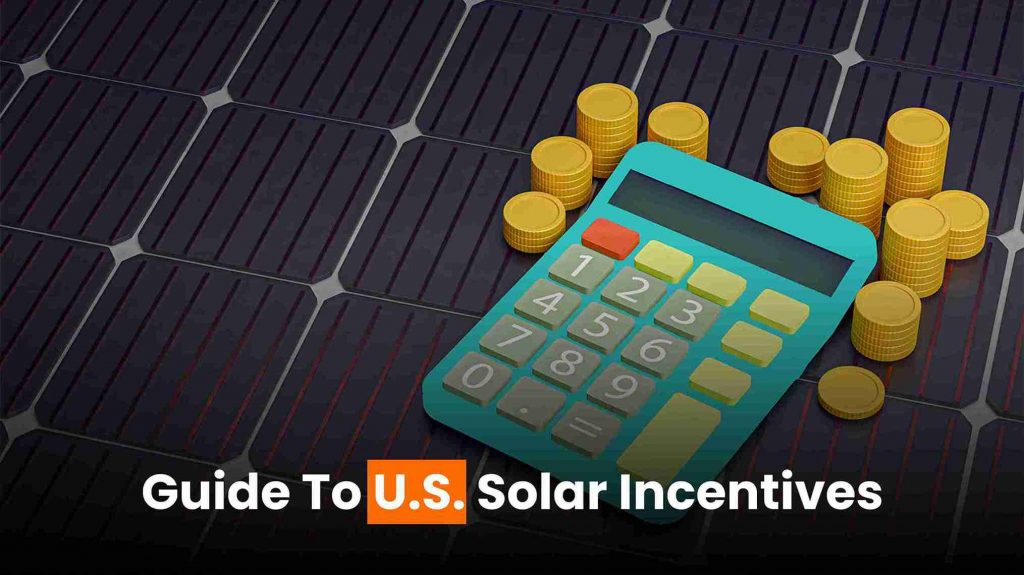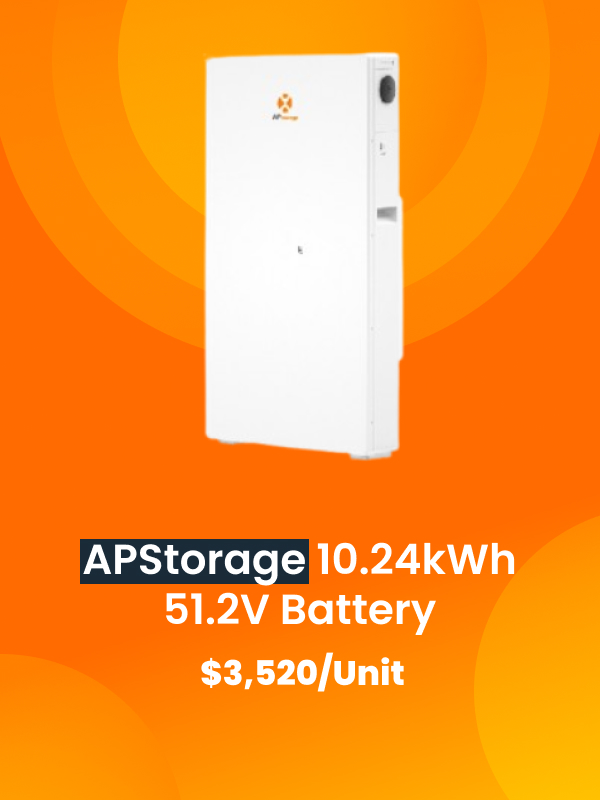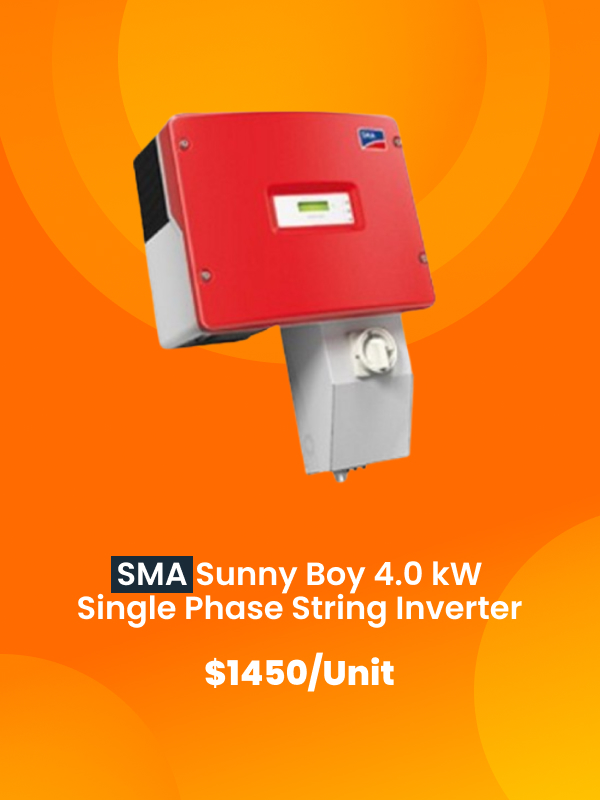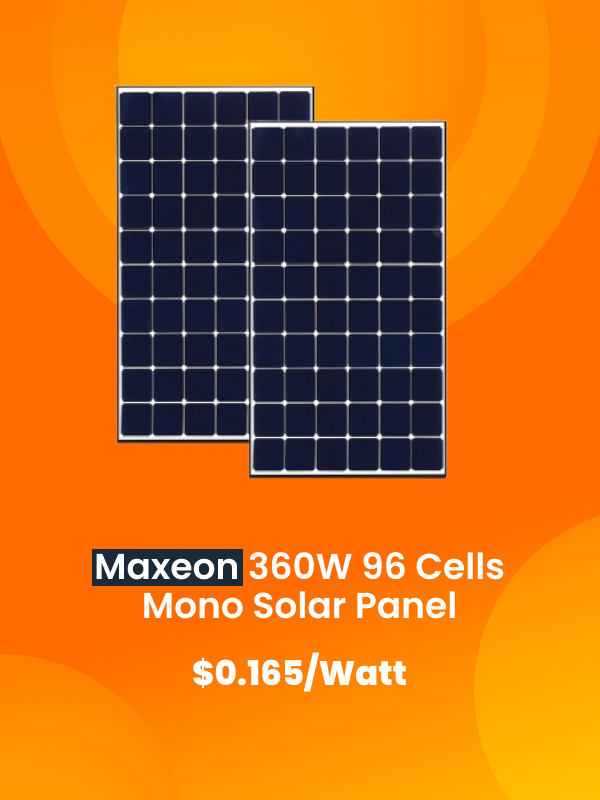U.S. Solar Incentives – Solar contractors must be careful to stay on budget when building projects to ensure a profitable return. The good news is that there has never been a better time for installers to benefit financially from supportive solar policies.
Today, solar professionals have a wealth of opportunities as federal and state governments, as well as local utilities, offer incentives to encourage solar adoption. Tax credits and other financial mechanisms can significantly reduce upfront installation costs for both contractors and customers while increasing profits. To help you stay up to date, here’s a look at some of your options for providing the best solutions for clients while remaining competitive.
Federal Solar Incentives
At the federal level, the Inflation Reduction Act (IRA) of 2022 provides long-term market certainty by preserving a 30% Solar Investment Tax Credit (ITC) for systems installed between 2022 and 2032, before decreasing to 26% for systems installed in 2033 and then to 22% for projects installed in 2034. The tax credit will expire in 2035 unless Congress renews it again.
The ITC is one of the most significant U.S. solar incentives, allowing businesses and homeowners to deduct a percentage of their solar installation costs from their taxes. Residential solar contractors can benefit from the 30% tax credit. They can either reference how homeowners who own their systems can claim it to reduce upfront costs or claim it themselves if leasing out the system. The tax credit can be applied to solar panels, solar inverters, racking, balance-of-system equipment and more .
Commercial and utility contractors can also benefit from a 30% credit if they meet wage and apprenticeship standards. There is also potential to increase the credit through “adders” for using domestic equipment and for siting projects in low-income areas. Commercial taxpayers can also opt for a production tax credit (PTC) instead of the ITC, again if labor requirements are met. This tax credit is earned per kilowatt-hour of solar generation from the projects you own.
The IRA also established tax credits for energy storage systems. Energy storage devices like solar batteries that have a capacity rating of 5 kilowatt-hours or greater can qualify for the ITC.
For commercial projects, additional benefits like accelerated depreciation under the Modified Accelerated Cost Recovery System (MACRS) provide even more financial relief. MARCS is a method of depreciation in which businesses can recover their investments in solar energy equipment over five years through annual deductions. One advantage of MARCS is that it allows companies to continue making long-term investments, driving solar progress.
With more federal incentives available for solar than ever, contractors have a variety of options to help sell and save on renewable energy.
State-level Solar Incentives
Furthermore, some states also offer additional incentives such as solar rebates, solar tax credits and performance-based incentives (PBIs).
- State solar tax credit: These work similarly to the federal solar ITC but with deductions from state taxes. For example, South Carolina offers a solar tax credit that is worth up to 25% of the total system cost.
- State rebates: Rebates involve a set amount of money offered for purchasing solar, available regardless of whether federal taxes are owed or not.
- PBIs: Performance-based programs provide ongoing payment to solar system owners based on the amount of energy their system produces.
While they vary by location, such state incentives can provide substantial additional savings.
Local utility incentives
Local utilities may offer rebates for solar projects as well. However, it’s important to note that these subsidies are excluded from income taxes. Instead, they are subtracted from the total system cost before the solar tax credit is calculated.
Some utilities also offer net metering, a billing mechanism that allows homeowners and businesses with solar panels to receive credit for excess electricity they generate and feed back into the grid. Net metering not only reduces electricity costs over time but also makes solar investments more financially viable by shortening the payback period.
In states with solar renewable energy certificates (SRECs) markets, home and businesses can lower their energy costs by selling SRECS associated with their systems’ output into the SREC market to utilities. Each SREC represents one megawatt-hour of solar generation. Utilities purchase SRECS to comply with their state’s renewable portfolio standards and avoid paying a compliance premium.
More project savings with Sunhub
On top of government and utility incentives, solar contractors including installers and EPCs can benefit from further reducing their project costs by purchasing equipment on Sunhub. Sunhub’s Solar Trader Platform is an e-commerce tool that enables more efficient solar procurement and better deals. Solar buyers benefit from clear inventory visibility and pricing, as well as direct communications with manufacturers to allow for bidding and negotiating. Meanwhile, Sunhub serves as the custodian of transactions, vetting suppliers and facilitating contracts and payments. This all helps enable more secure, seamless transactions.
Sunhub benefits solar professionals including:
- Residential installers: With our own residential roots, we understand that the market can be unpredictable. That’s why Sunhub’s Solar Trader Platform helps you find the components you need now.
- Commercial installers: Our team of experts can help you find pricing for a proposal and stay in touch about what’s in stock, offering other options if needed as you wait to hear about your bid.
- Utility contractors: From emergency stock to sequenced deliveries, we help you stay on schedule. We can even assist with selling extra inventory so you’re not stuck with what you don’t need.
- EPCs: Consider Sunhub your trusted solar procurement partner from initial bid through project win. From proposal pricing to finding spare parts, we’ll help you save time and money while staying on schedule.
Shop our Solar Trader deal listings today or reach out to learn more about how we can help.




